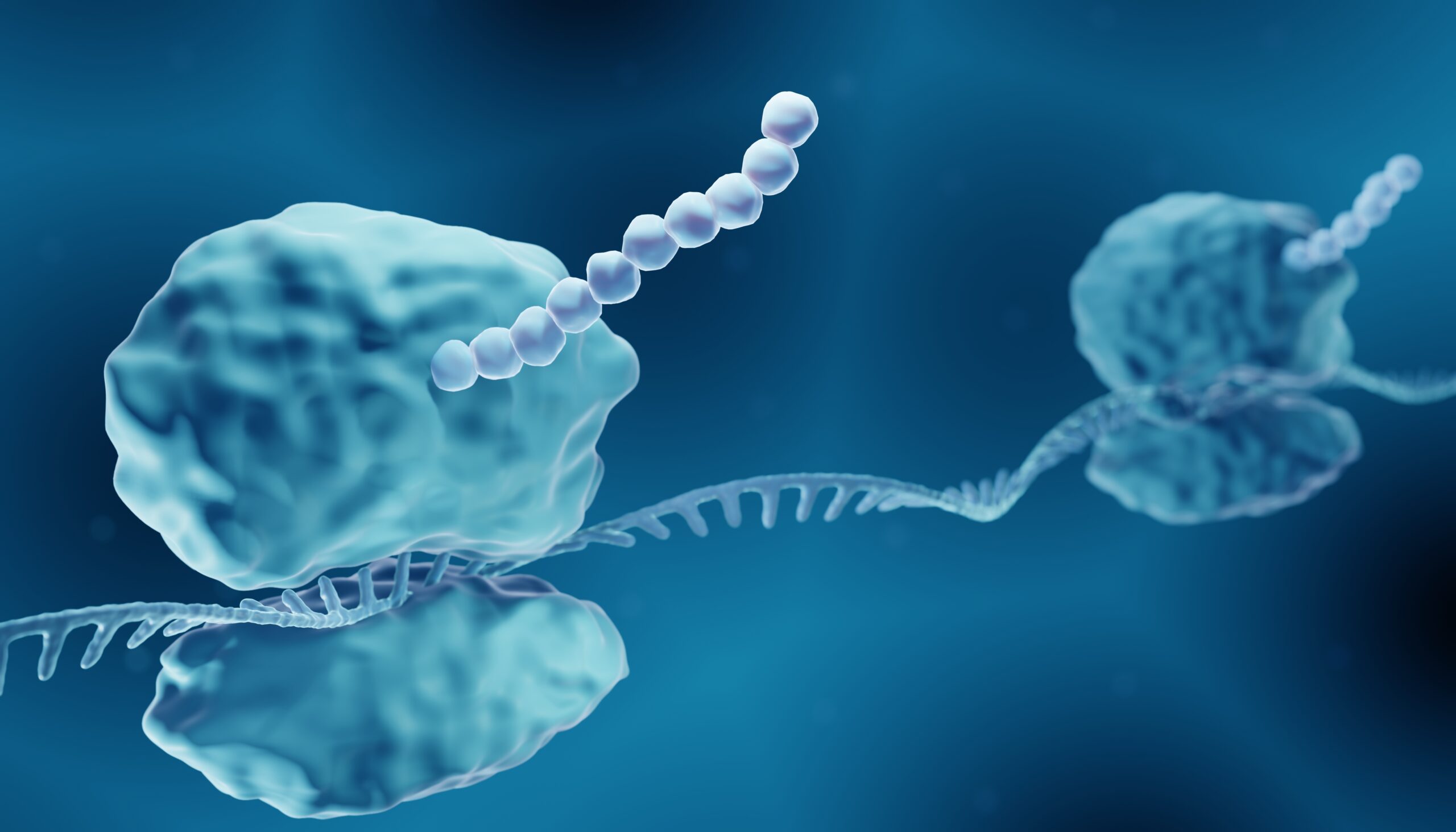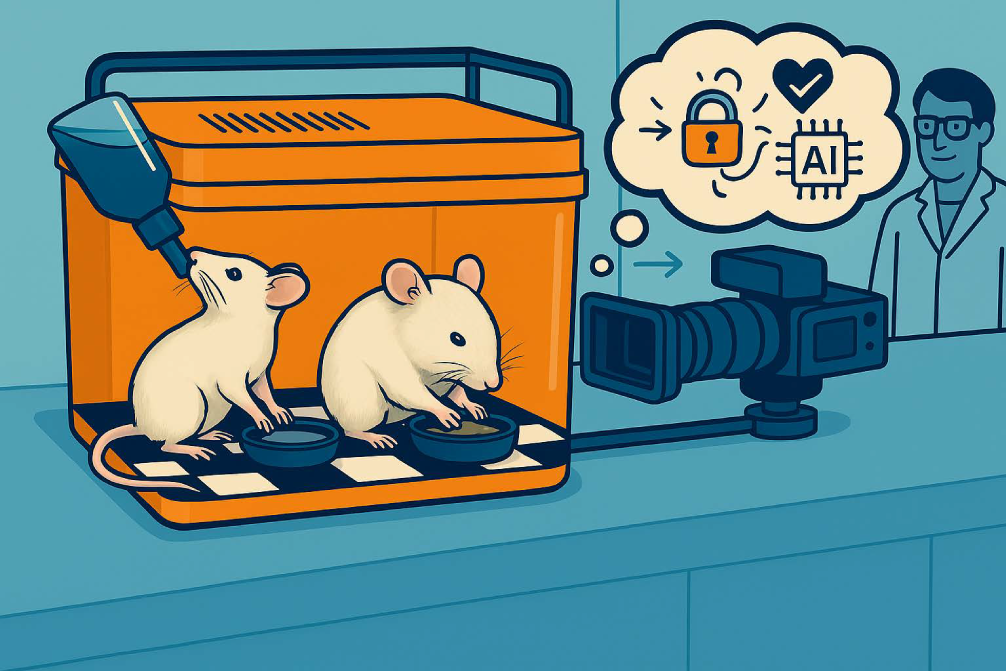New gene identified that may be important for diabetes Scientists from Oxford University and the MRC Mammalian Genetics Unit at Harwell have identified a new gene that is involved in insulin secretion. This gene, called Nnt, also plays a role in the detoxification of free radicals. The research, published in Cell Metabolism, advances our knowledge of how insulin is secreted. It may also have important implications for treating type 2 diabetes in people. The researchers found that mice which lack the Nnt protein have reduced insulin secretion and show glucose intolerance, an early symptom of type 2 diabetes in humans. This happens because lack of Nnt leads to an increase in damaging free radicals in cells in the pancreas that release insulin. Type 2 diabetes results when the body has insufficient insulin for its needs. Although the beta-cells of the pancreas still make insulin they no longer release it when blood sugar levels go up after a meal. Understanding why they don’t do so should help the development of new drugs to treat diabetes. “Diabetes is reaching epidemic levels in Western societies. It currently affects 1.5 million people in the UK and that number is expected to double in the next ten years. If we understand how insulin secretion is controlled, then we may be able to intervene to restore secretion in patients with diabetes” said Professor Frances Ashcroft who led the Oxford team. “At the moment, we only know for sure that Nnt is involved in glucose intolerance in mice”, Prof Roger Cox, who led the Harwell team said. ‘However, we did not know before that it played any role in insulin secretion and it seems very likely it is also important in humans. That would open up exciting possibilities for treating type 2 diabetes in people. It may even turn out that defects in Nnt can cause human type-2 diabetes.” It has been very exciting to have discovered as part of my doctoral project spent in both the Cox and Ashcroft labs, that this gene has such an important role in insulin secretion and I am hoping that diabetes labs will now look in their patient DNA collections to see if this gene has a role in human disease” said Ms Helen Freeman a student working on the project. Funding was provided by the Wellcome Trust, the Medical Research Council and the work was initiated with funding from Diabetes UK. The Diabetes UK website has information on Diabetes including recent reports that give UK statistics relating to diabetes and complications of diabetes. http://www.diabetes.org.uk/ , http://www.diabetes.org.uk/infocentre/reports/in_the_UK_2004.doc



